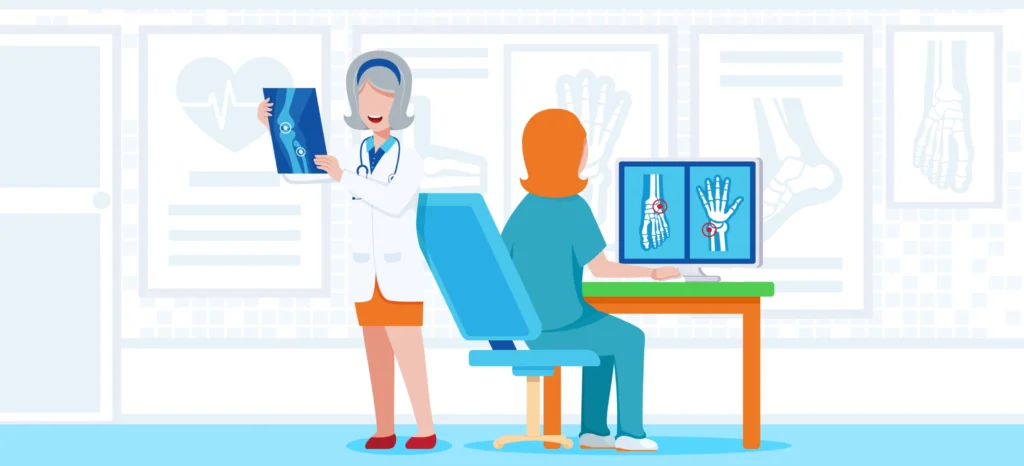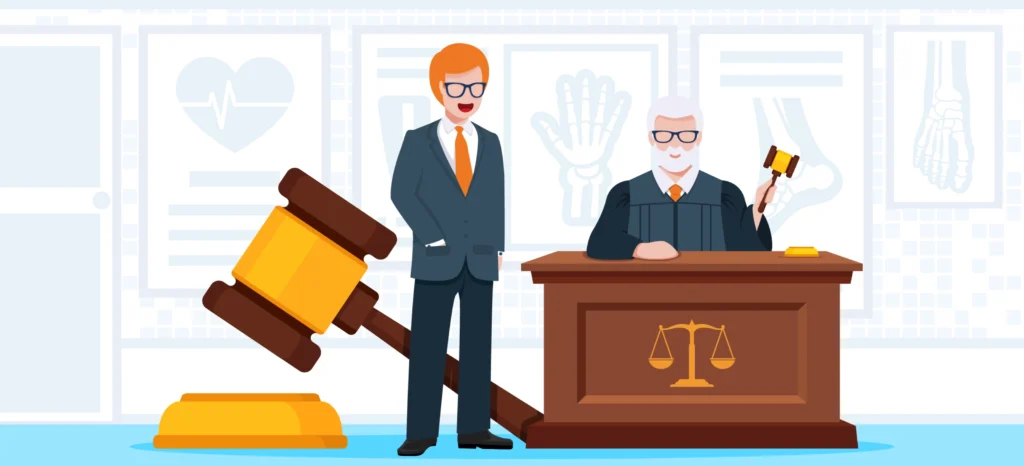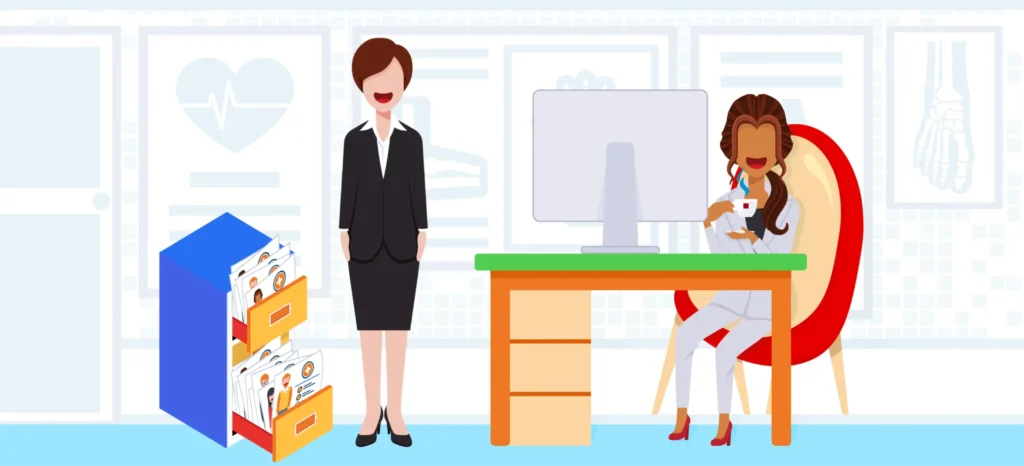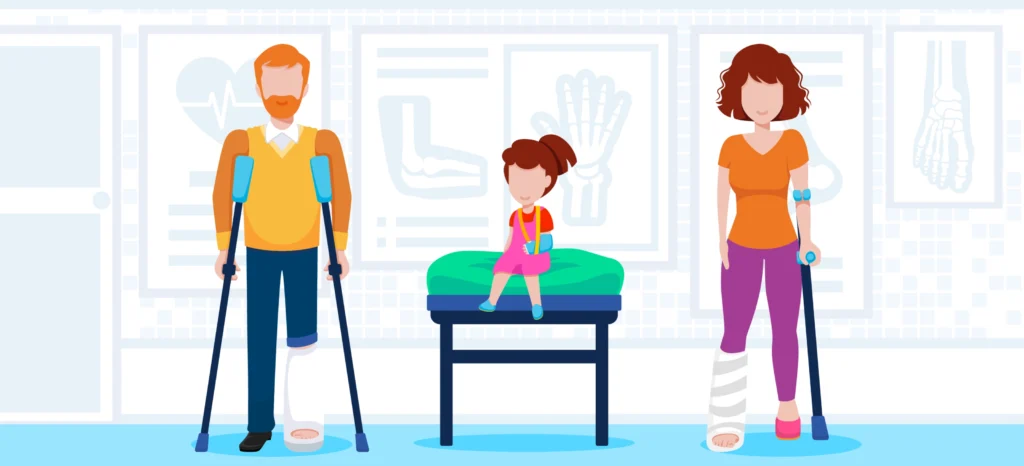Schedule a Consultation to See the #1 Records Exchange Solution For You!
Whether you work in a healthcare organization, law firm, payor company, or are a patient, ChartRequest has a solution designed to streamline the request and fulfillment processes for medical, imaging, and billing records.






